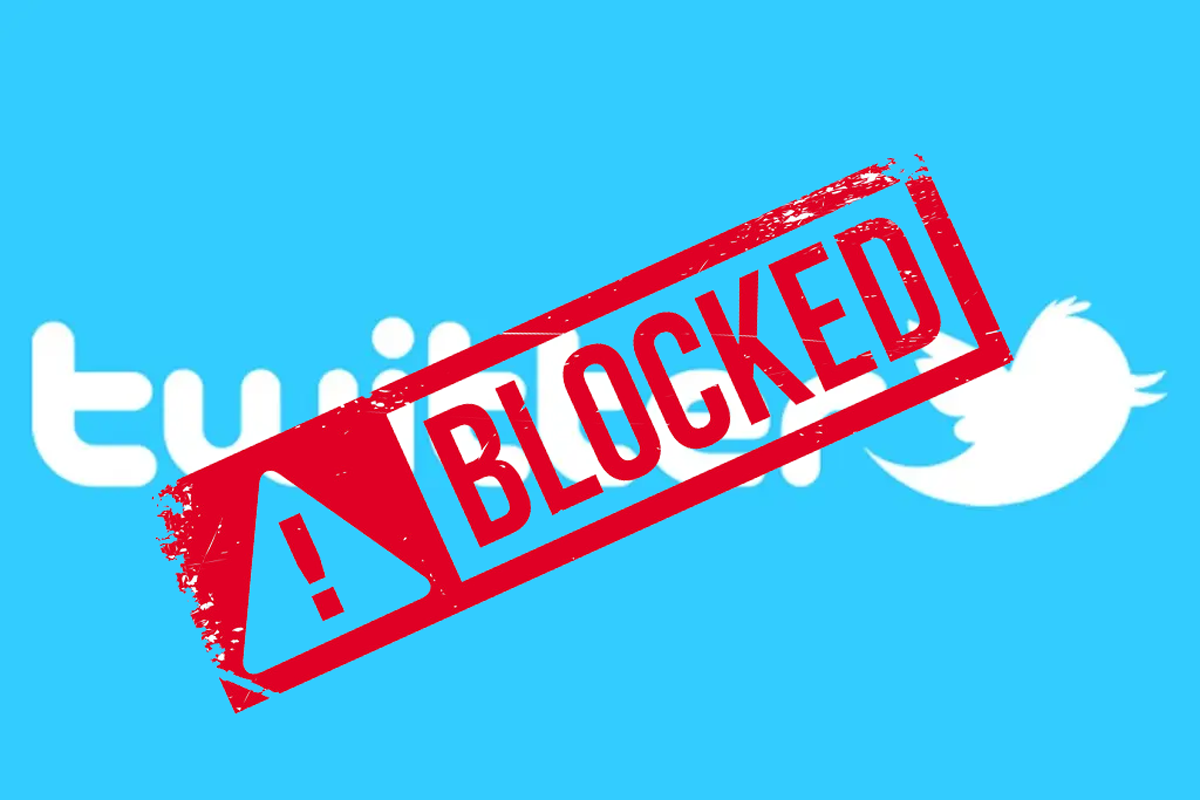For a period of 7 months, precisely from June 2021 to January 2022 respectively, Nigeria has been in a brief era of what I would call socio-darkness due to the ban placed on the prestigious social media platform Twitter.
It was a brief period in Nigeria when the freedom bird was once again caged not to fly again freely and indirectly, this depicted a ban on the freedom of speech of Nigerians, freedom of information, freedom of advertisement, and many more.
According to Wikipedia, it was reported that the ban has cost the country over 6 billion Naira.
Digital media like Twitter are essential for information exchange, marketing customer services, and remote work, especially during public health and safety emergencies like the COVID-19 pandemic.
I can recall vividly some years ago when the president of the out of poverty through the acquisition and exchange of value-adding ideas. Prior to the ban, Nigeria was rated as the best-performing country in Africa in attracting investment for technology start-up businesses.
Personally, I see Twitter as one of the major hubs for advertisement that holds top business tycoons and business initiators who are seriously waring to expand the reach of their businesses both in Nigeria and beyond and the ban on Twitter posted a serious spell on business reach.
Moreover, advertisement is one of the core values of Twitter and quite a lot of persons got their information from there. I first got to hear about Bitcoin from a Twitter post by one of the top influencers.
It was also identified that Nigeria’s startup space has experienced tremendous growth in a short time, with $3,77.4 million raised in 2019, although that figure declined to $120.6 million in 2020 due to the coronavirus pandemic, and this huge success was aided by Twitter. Without access to social media to run marketing campaigns or build relationships with their customers, businesses would take a hit.
The question now is could it be that the Nigerian government are playing on our intelligence or are they really concerned about the welfare of her citizen?
In 2023, Nigeria will witness again the emergence of a new government, campaigns are already beginning and candidates are showing up and obviously, the social media platforms would be least in mind.
As of the end of 2020, Nigeria records her population at 206.1 million people, and 40 million persons out of this number own a well-verified account on Twitter and this might be persons whose all their engagement happens there. Now imagine 50% of these persons running freelancing businesses on the internet how much money the government would have via taxes.
Any nation with a failing economy is a nation with a failing structure and structures are pointers to the soundness of a countries policy-making body.
If the government present or incoming fail to take a hold on the social space, it shows the ineffectiveness of the government on the air. Influencers are major ground-leveling tools in the hands of the government and their continuous ban on Twitter entails their continuous loss in the cloud.
Note that every influencer has a reasonable number of followers who take every piece of stuff they put up on the internet hook line and sinker and if the government doesn't have control or heart of these influencers then their pursuit in some way might be frustrating.
Now, are they concerned about the economy or they are concerned about their interest in the people's vote.
Posted Using LeoFinance Beta

